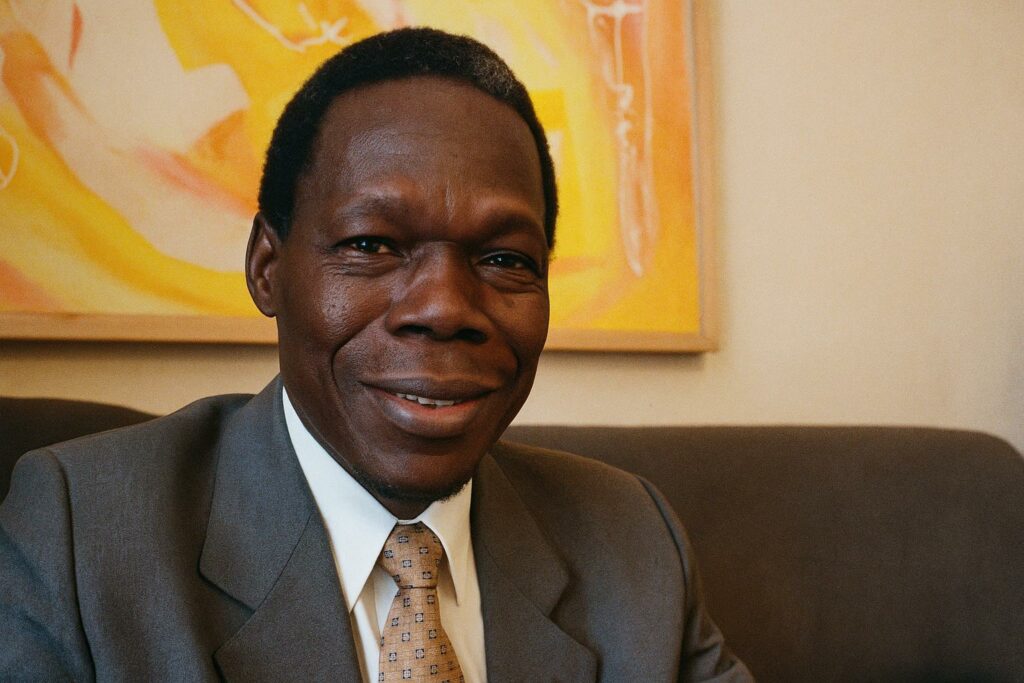The Geo-Political Landscape of Porto-Novo
Porto-Novo, the official capital of Benin, paradoxically receives less attention and investment compared to its bustling counterpart, Cotonou. Despite its strategic geographic advantages, Porto-Novo remains on the sidelines in terms of developmental focus from policymakers. The reasons for this neglect are multifaceted, rooted in historical decisions and contemporary economic strategies that prioritize immediate returns over long-term cultural and socio-economic gains.
Historic Legacy and the Abomey-Calavi Paradigm
The historic transfer of the university from Porto-Novo to Abomey-Calavi in 1970 stands as a symbolic moment that has had lasting impacts on the region’s socio-economic and cultural landscape. This decision, often regarded as a gift to Abomey-Calavi, is central to understanding the current educational and economic disparities between the two cities. Noukpo Agossou, in a recent interview, sheds light on this strategic shift, posing significant questions about the effectiveness and equitable distribution of educational resources within the country.
Statues and Symbolism: Cultural Revitalization Efforts
Recent efforts in erecting statues, such as that of King Tofa, aim to rejuvenate Porto-Novo’s cultural identity. While these efforts are significant, they symbolize the broader struggle of the city’s attempt to assert its historical and cultural significance in a nation where economic power has consistently gravitated towards Cotonou. These symbolic gestures, while important cultural markers, underscore the need for more substantial investments in infrastructure and human capital to truly realize Porto-Novo’s potential.
Contemporary Challenges in Regional Development
The current negotiations involving land allocation for educational projects highlight the ongoing complexities in regional development planning. Adjara’s condition for contributing to the university project—having its name attached to the venture—illustrates the challenges local governments face in balancing pride, political visibility, and actual development benefits. This contentious negotiation process reflects broader challenges within Benin’s regional development strategies, where local governments and communities vie for necessary resources and recognition.

